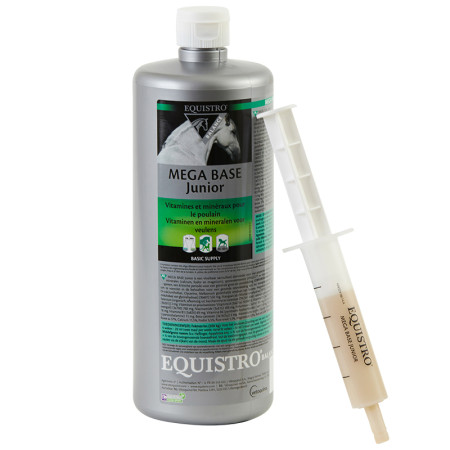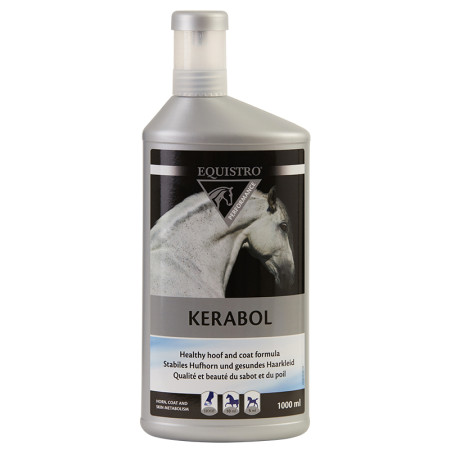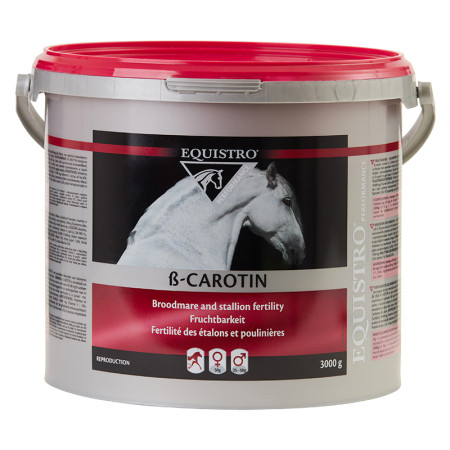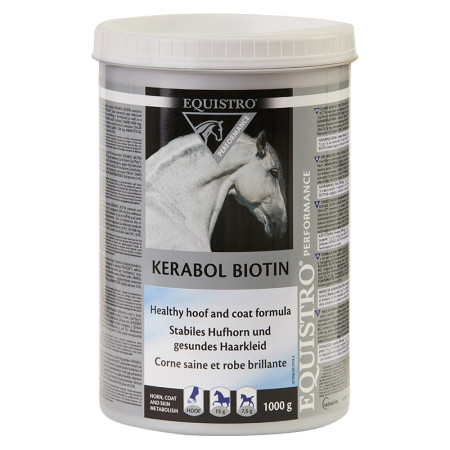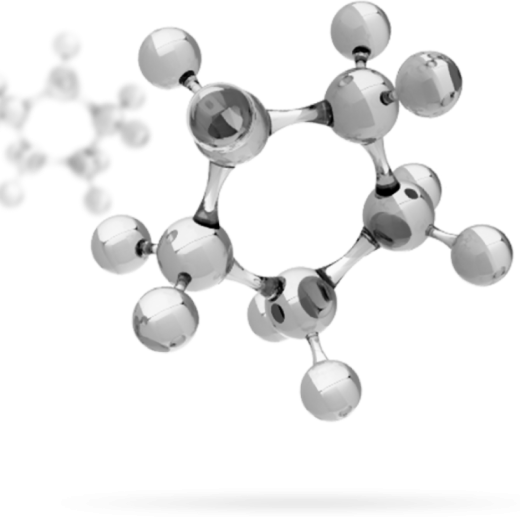
ß-Carotene
Function
ß-carotene acts as a precursor for vitamin A (retinol). Horses have the ability to convert ß-carotene to vitamin A in their small intestine. As vitamin A, it stimulates the activity of the goands (oavires and testicles) and is involved in the synthesis of sex hormons (estrogen, testosteron).
Sources
Fresh gras, fruit and vegetables are naturally rich in ß-carotene. Mixed grass-clover pasture during growing season provides many times the daily requirement. Dried forage (hay, straw) stored for a long period is likely to have lost a high proportion of ß-carotene. Synthetic ß-carotene can't be absorbed as well as naturall ß-carotene whereas it is useful to combine ß-carotene with vitamin A when supplementation is necessary.
Daily Requirements
In general, 400 IU of vitamin A is provided from 1 mg of ß-carotene in the horse's intestine. The daily vitamin A requirement of an adult horse (500 kg body weight) is between 16,000 IU (maintenance requirement) and 32,000 IU (pregnancy, lactation).
Deficiency
A deficiency in ß-carotene is automatically associated with a deficiency in vitamin A which can lead to increased susceptibility to infection due to reduced mucus secretion in the mucous membranes, brittle hoof horn, nerve damage, lameness, impaired vision, and fertility disorders (reduced gonadal activity, death of the fetus).
Excess
With a high ß-carotene intake, the conversion to vitamin A in the small intestine is lower than with a low supply. This protects the organism from a toxic oversupply of vitamin A.
Important to know
- High nitrate levels in the feed impair the conversion of ß-carotene to vitamin A.
- Zinc is required for the conversion of ß-carotene to vitamin A in the small intestine.
- As the need for vitamin A is particularly high in broodmares and foals, supplementation with ß-carotene and vitamin A is particularly recommended for horses kept in stables.

